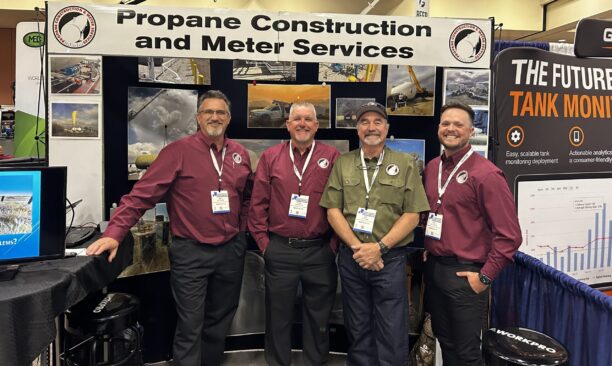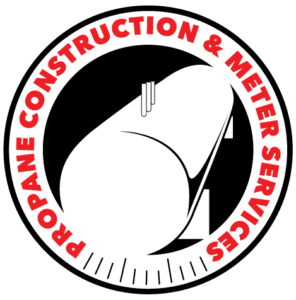Handling an Empty Propane Tank: A Simple and Safe Guide
When your propane tank runs out, it’s essential to handle the situation correctly to ensure safety and uninterrupted service. Whether you use propane for heating, cooking, or powering appliances, understanding what steps to take when the tank is empty can help you manage the situation smoothly and efficiently. Recognizing When Your Propane Tank Is Empty… Continue reading Handling an Empty Propane Tank: A Simple and Safe Guide
When your propane tank runs out, it’s essential to handle the situation correctly to ensure safety and uninterrupted service. Whether you use propane for heating, cooking, or powering appliances, understanding what steps to take when the tank is empty can help you manage the situation smoothly and efficiently.
Recognizing When Your Propane Tank Is Empty
One of the first signs that your propane tank is empty is a loss of pressure in your appliances. This could mean your heater isn’t warming up, your stove isn’t lighting, or other propane-powered devices aren’t working as they should. If you notice these issues, it’s time to check the gauge on your tank. A reading of 10% or less typically indicates that your tank is near empty and needs refilling.
Steps to Take When the Tank Is Empty
If your propane tank is empty, follow these steps to ensure safety and get your system back up and running:
Turn Off All Appliances: Before doing anything else, turn off all of your propane-powered appliances. This is crucial to prevent gas from leaking when you reconnect or refill the tank.
Check for Leaks: After turning off your appliances, inspect the connections and hoses for any signs of wear or damage that could cause leaks. If you find any issues, contact a professional to address them before using your propane system again.
Order a Refill or Replacement: Contact your propane supplier to schedule a refill. If you own your tank, they will refill it on-site. If you lease your tank, the supplier might swap it out with a full one.
Reconnecting the Tank: Once the tank is refilled or replaced, carefully reconnect it to your system. Make sure all connections are secure before turning the valve back on.
Restarting Your Appliances: After reconnecting the tank, turn on one appliance at a time to allow the propane to flow through the system. Light your stove or turn on your heater according to the manufacturer’s instructions to ensure that everything is working correctly.
Preventing Future Run-Outs
To avoid the inconvenience of running out of propane, consider these preventive measures:
Regular Monitoring: Regularly keep an eye on your tank’s gauge, especially during peak usage times, to make sure you have enough propane on hand.
Automatic Delivery Services: Many propane suppliers offer automatic delivery services, which can help ensure your tank is refilled before it gets too low.
Tank Level Monitoring Systems: Invest in a tank level monitoring system that alerts you or your supplier when the propane level is low, helping you stay ahead of potential shortages.
Safety First
Safety should always be your top priority when dealing with propane. If you suspect a leak is present or if you’re unsure about handling your propane tank or reconnecting it, enlist the help of a professional. Regular maintenance and careful monitoring can prevent issues from cropping up and keep your propane system running smoothly.
By understanding what to do when your propane tank is empty, you can manage your fuel supply effectively and avoid interruptions in service. Taking proactive steps to monitor your tank and schedule refills will ensure that you’re always prepared, no matter the season.


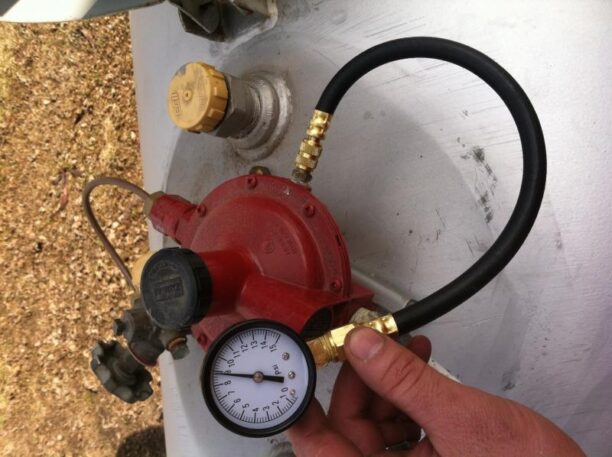
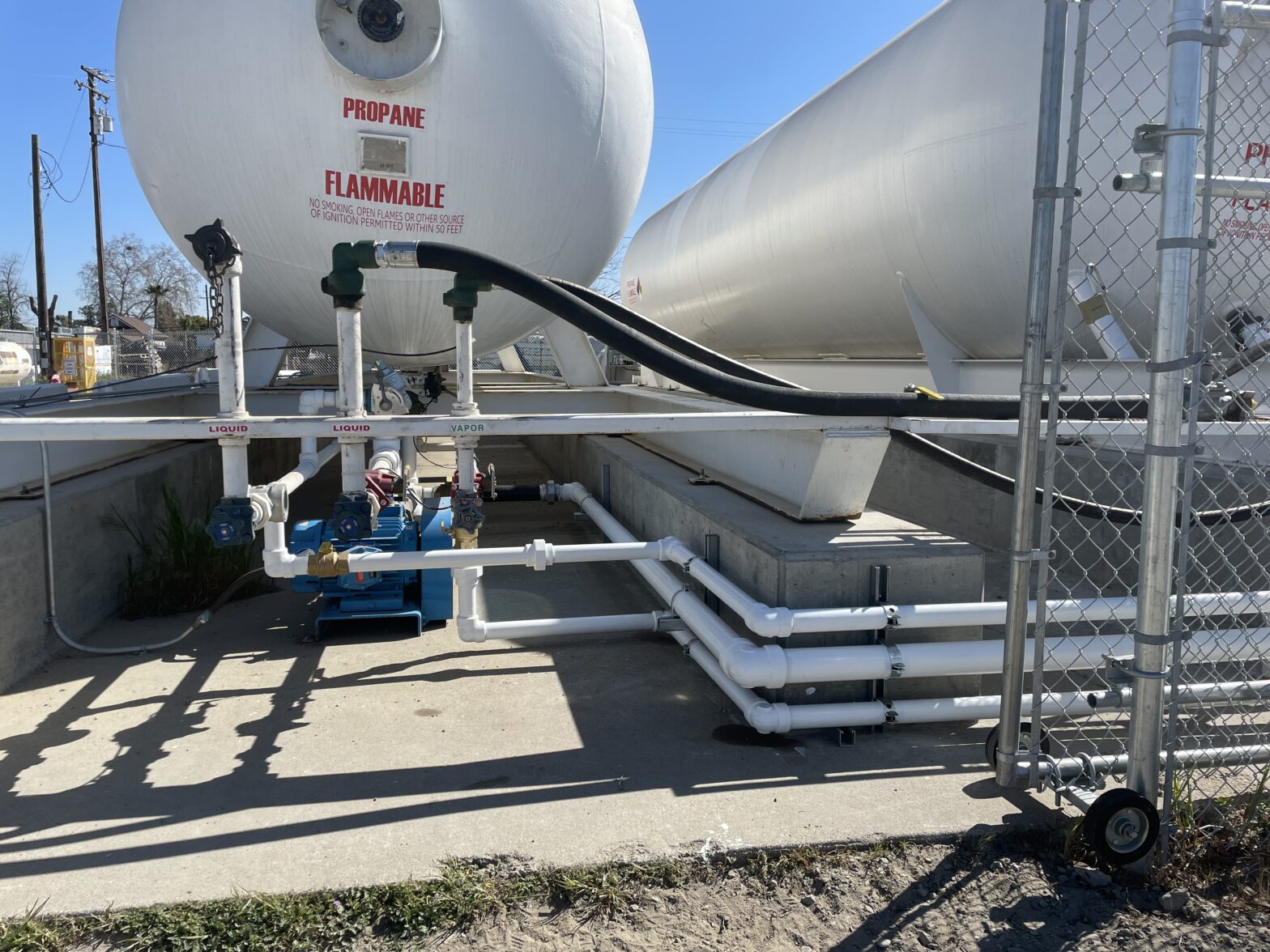
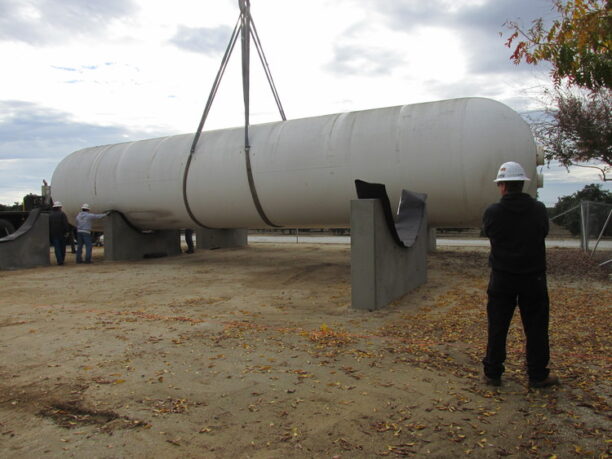
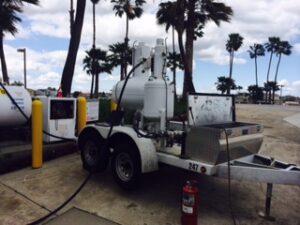 LPCAMS offers meter proving services, which involve calibrating meters to ensure they provide accurate readings. This service is vital for businesses using bobtail trucks and retail/resale dispensers, as it ensures customers get exactly what they pay for and helps maintain trust in the business.
LPCAMS offers meter proving services, which involve calibrating meters to ensure they provide accurate readings. This service is vital for businesses using bobtail trucks and retail/resale dispensers, as it ensures customers get exactly what they pay for and helps maintain trust in the business.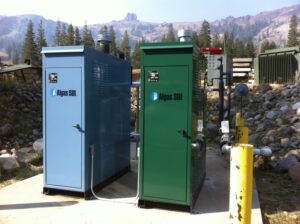 With the rising popularity of propane as an alternative fuel for vehicles, LPCAMS offers expertise in designing, installing, and maintaining propane autogas dispensing systems. These systems are an eco-friendly alternative, and LPCAMS ensures they are set up for optimal performance and longevity.
With the rising popularity of propane as an alternative fuel for vehicles, LPCAMS offers expertise in designing, installing, and maintaining propane autogas dispensing systems. These systems are an eco-friendly alternative, and LPCAMS ensures they are set up for optimal performance and longevity.